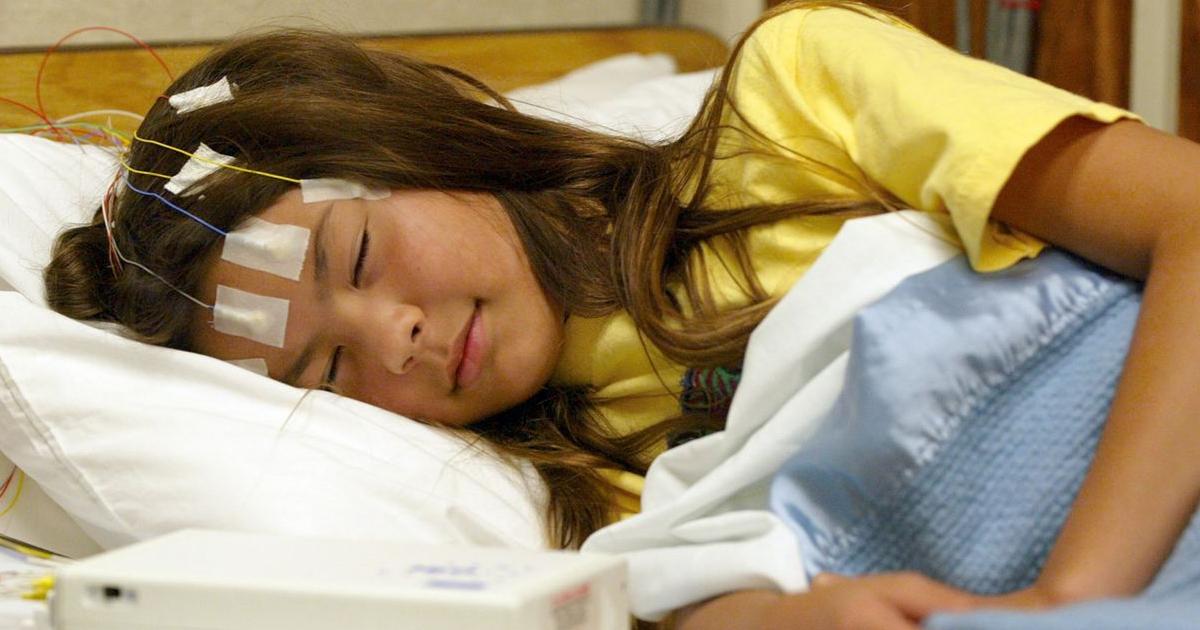10 Key Signs of Angelman Syndrome: What Families Need to Watch For
3. Jerky Or Stiff Movement

Many patients with Angelman syndrome exhibit jerky or stiff movement. They may also have low muscle tone (hypotonia), and numerous patients develop seizures that begin between the ages of two and three. Doctors can assess the patient's muscle tone and evaluate their movements with certain positioning tests. Physical therapy may help in teaching patients how to move more smoothly, and anti-seizure medications are often recommended to reduce the number of seizures the child has. Jerky or stiff movement may make it hard for patients to hold utensils or pencils; these skills can be improved with professional therapy and practice at home. Adaptive devices, including support bars and aids for grasping objects, can make it easier for Angelman syndrome patients with jerky movements to perform daily tasks and may increase their independence. Individuals with Angelman syndrome typically enjoy the water and water-based activities. Hydrotherapy and other water-based exercise programs may be useful in helping these patients move with less stiffness.
4. Intellectual Disability

The severity of intellectual disability associated with Angelman syndrome varies significantly. While conversational speech does not tend to develop in even the highest-functioning patients, individuals with this syndrome are able to understand speech. Studies have shown patients may be able to speak up to sixty words, and some will be able to communicate using simple sentences. Individuals with Angelman syndrome normally prefer to communicate with gestures, and the use of a system known as enhanced natural gestures could help them communicate more effectively. Angelman syndrome typically causes hyperactivity, and this may magnify any intellectual disability a patient has. As a result of the hyperactivity, patients may be unable to sustain eye contact or attention long enough to learn words. Behavioral therapy might be recommended to improve attention levels, and some doctors may suggest the use of medications designed for attention deficit disorder.
